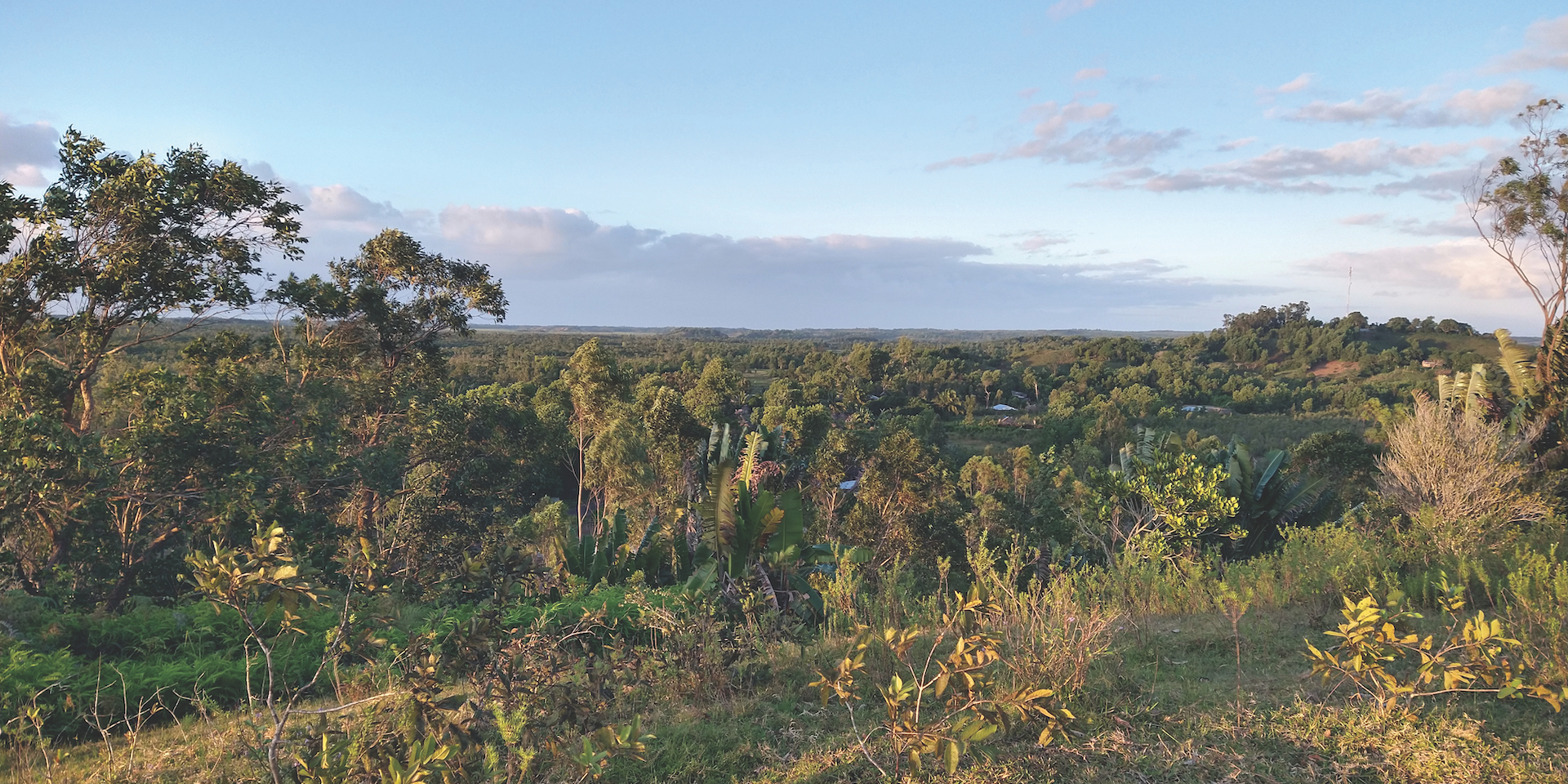WashU sophomores work with villagers in rural Madagascar to conserve biodiversity.
Walking 7.5 miles in the rain to gather information from a fishing village in Madagascar isn’t every college student’s cup of tea.
But the nine sophomores in the Pathfinder Fellows in Environmental Leadership program were ready for this type of challenge. A spring 2024 course, “Community Based Conservation: Madagascar Sustainability Initiative,” prepared them to work with community members to conserve and protect portions of the fragile Madagascar ecosystem from overexploiting of its valuable biodiversity, which includes species of rosewood and ebony. And the students’ previous three semesters as Pathfinder fellows prepared them for the rigors of field research.
“They’re putting on their rain jackets and hiking 12 kilometers out to the communities, getting their work done while dealing with heat and blisters and more, and there was barely a complaint,” says Froggi VanRiper, lecturer in environmental studies, who co-taught the course and accompanied the students on the trip.
The Pathfinder program is a multiyear program providing a small cohort of undergraduates with field experience around the themes of environmental science, policy, humanities and sustainability. For more than a decade, Pathfinder students went to Madagascar in coordination with a program led by Olin Business School’s Judi McLean Parks. This year’s trip was the first designed solely for Pathfinder students.
The course and trip were made possible by a partnership with the Missouri Botanical Garden (MBG), which has been doing conservation work through its Madagascar program for decades. In fact, the course was co-taught by Armand Randrianasolo, a senior curator at MBG and native of Madagascar who has established long-term relationships and trust with rural villagers.
